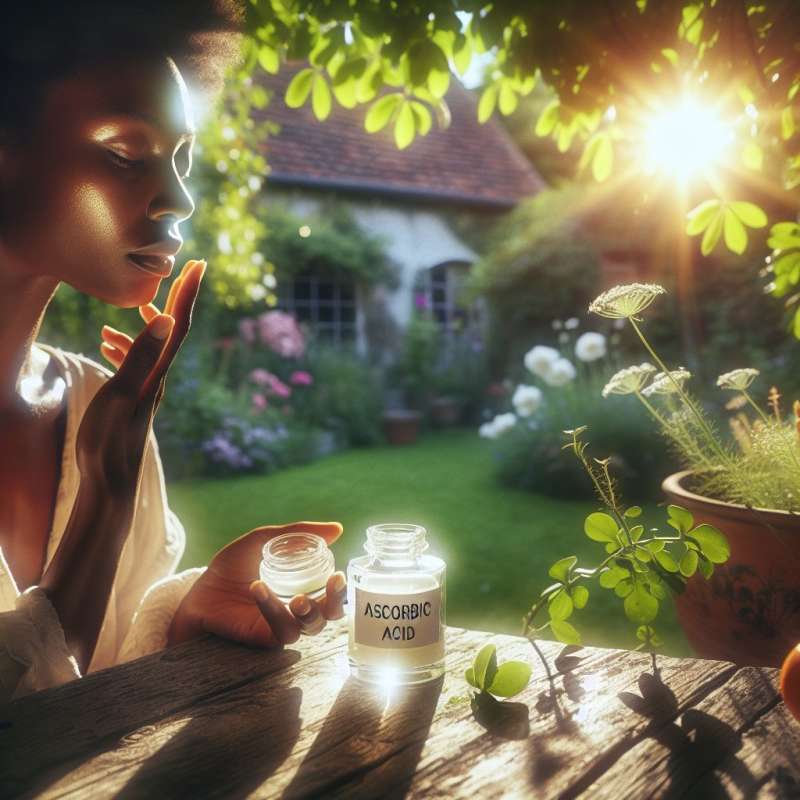
Ascorbic Acid's Role in Skin
Ascorbic acid, known as vitamin C, is vital for skin health. It boosts collagen production, reduces inflammation, and protects against free radicals, contributing to a clearer complexion.
Acne and Inflammation Connection
Acne is often associated with inflammation. Ascorbic acid's anti-inflammatory properties can help reduce the redness and swelling of acne, promoting faster healing and reduced breakout severity.
Antioxidant Power Against Acne
Vitamin C is a powerful antioxidant. It neutralizes free radicals that can damage skin cells and exacerbate acne. This process helps maintain a healthy skin barrier, crucial for preventing acne.
Collagen: Key to Healing
Collagen is essential for skin repair. Ascorbic acid stimulates collagen synthesis, speeding up the healing of acne scars and lesions, leading to improved skin texture and reduced scarring over time.
500mg Intake Recommendations
While 500mg of ascorbic acid can support skin health, it's crucial to consult a healthcare provider before starting supplementation. Excessive intake may lead to side effects like gastrointestinal discomfort or kidney stones.Unexpected Acne Solution
Did you know guinea pigs can’t produce vitamin C? They develop acne-like skin issues if deficient, highlighting the nutrient's importance for skin health across species.
What boosts collagen production?
Vitamin D
Ascorbic acid
Zinc
Company